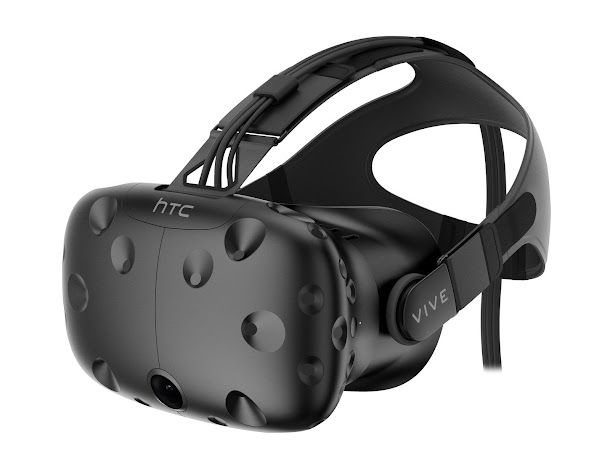
But in many ways, the simulation is too immersive. After spending a few weeks with two of the most powerful V.R. devices now on the market, the Oculus Rift and the HTC Vive. I suspect that V.R. will be used by the masses one day, but not anytime soon. I’m not sure we’re ready to fit virtual reality into our lives, no matter how excited Silicon Valley is about it.
Getting completely submerged in a simulation is good for things like games, but for most media total immersion feels like a strangely old-fashioned experience. Because it leaves your body helplessly stuck in the physical world while your mind wanders, V.R. doesn’t fit with the way most people work at a computer, watch TV or encounter many other digital experiences.
Virtual reality is the opposite of a smartphone, a device that offers you quick hits of the digital world as you go about in the real world. Instead, V.R. is at this point an experience best left for the privacy of one’s cave — a lonely, sometimes antisocial affair that does not allow for multitasking, for distraction or for the modern world’s easy interplay of the real and the digital.
Farhad Manjoo
As a fan of science-fiction literature, I’ve encountered virtual and augmented reality numerous times – it plays an important role in the novel I am currently reading, Blue Remembered Earth by Alastair Reynolds; Existence by David Brin also portrays its regular use very vividly. In most cases though, virtual reality is achieved through neural implants (or something similar) feeding information directly to the brain, thus integrating seamlessly into our regular perception of the environment. The way I see it, the gap between the current attempts at mass-market virtual reality and this ideal imagined in sci-fi is as large – if not larger – as the leap from the first, room-sized, clunky mainframes to smartphones. So I doubt we’ll see virtual reality become as mainstream as personal computers earlier than a decade from now.
Post a Comment